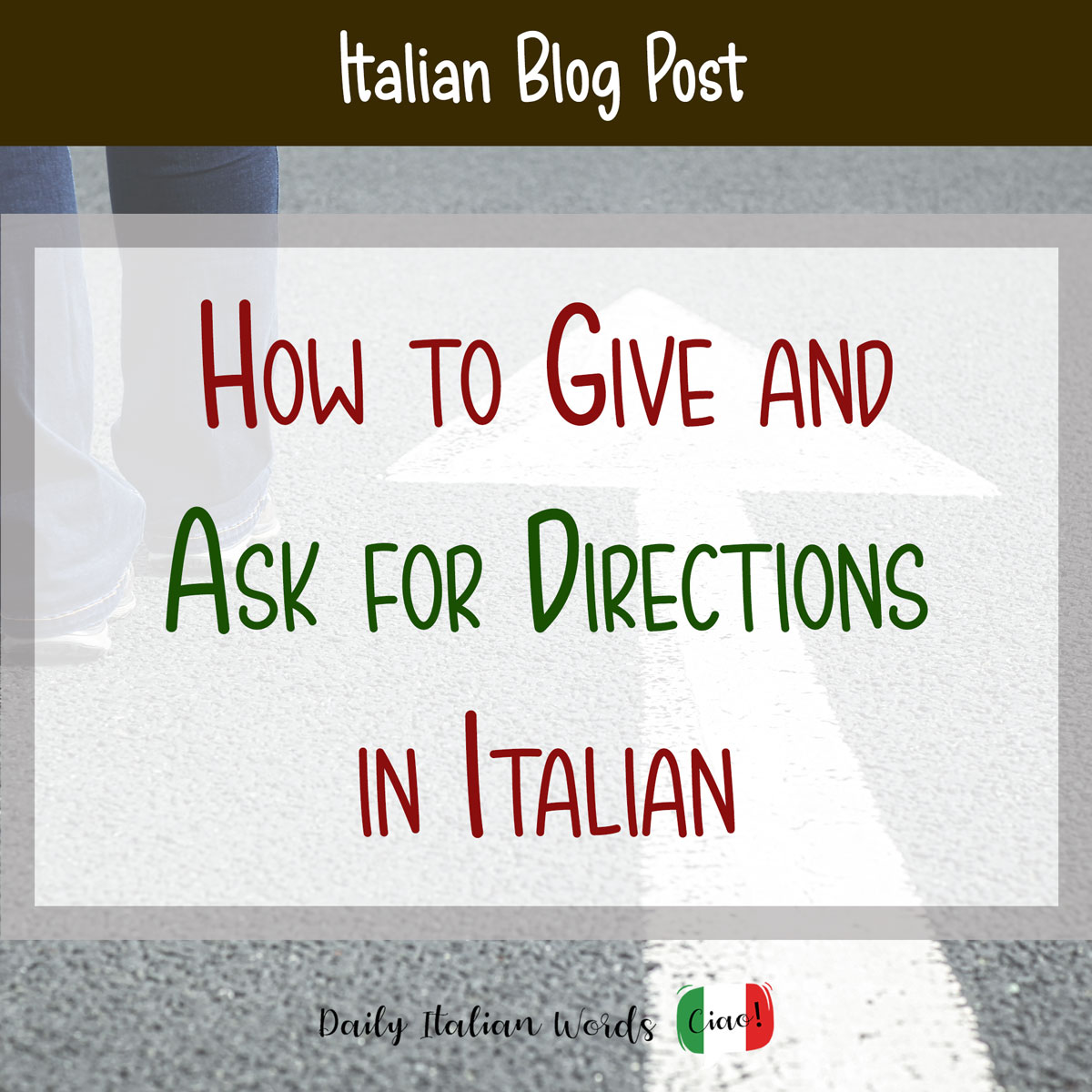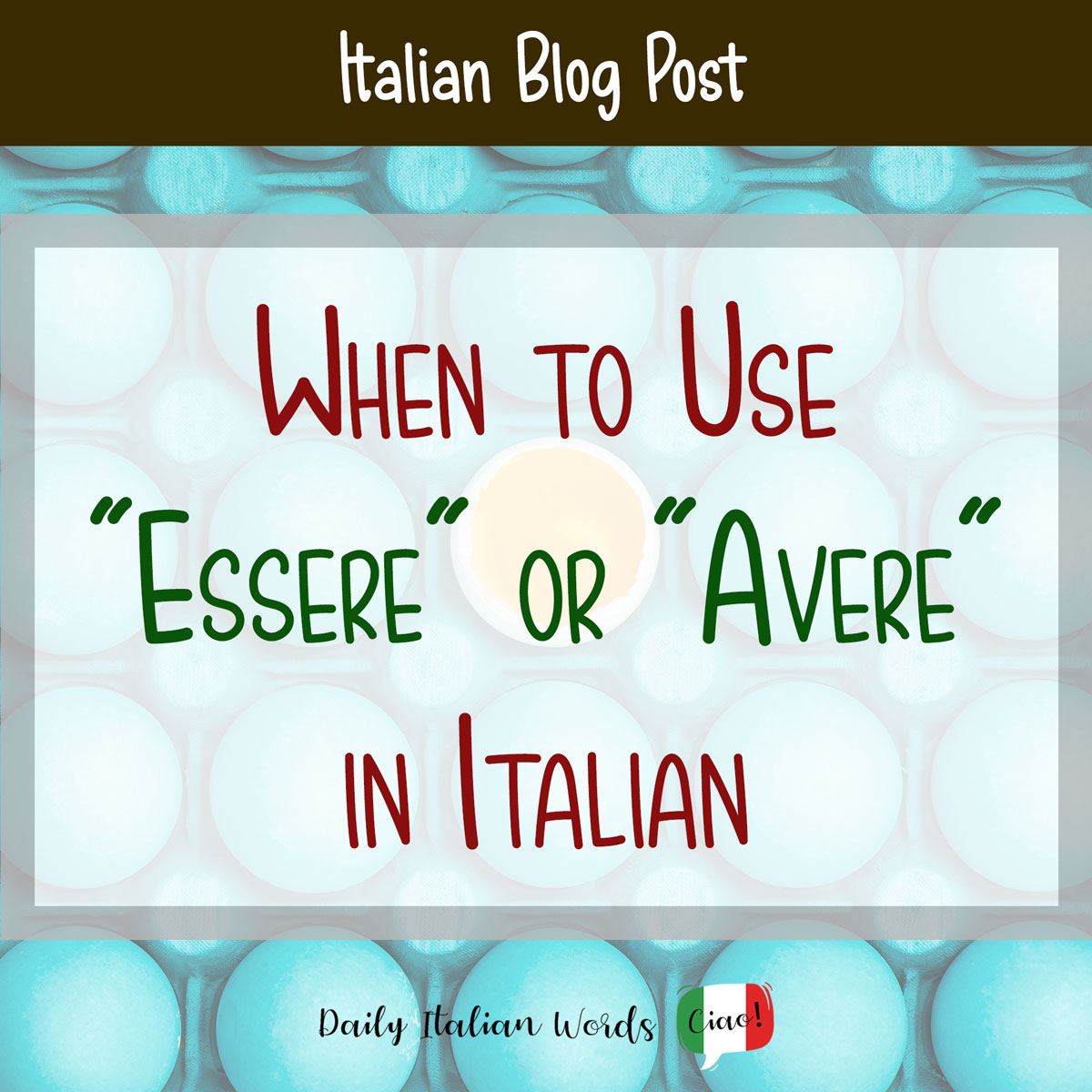How to Give and Ask for Directions in Italian
Once upon a time, tourists used to ask for directions in order to find their way through a foreign city, and the guidance and suggestions of locals were invaluable when looking for a museum or trying to figure out how to get to the train station on time. But even today, despite GPS technology and …






